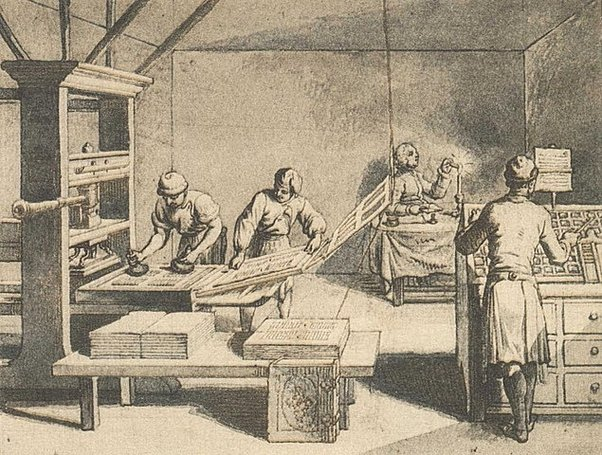The Vernacular Press Act: Censorship and Control of Indian Media
History Indian HistoryPosted by NewAdmin on 2025-01-30 09:31:57 |
Share: Facebook | Twitter | Whatsapp | Linkedin Visits: 29

The Vernacular Press Act was enacted in 1878 by the British colonial government under Lord Lytton, the then Viceroy of India. The act was a direct response to the increasing influence of Indian-language newspapers, which were becoming increasingly vocal in criticizing British rule and promoting nationalist sentiments. Prior to its implementation, newspapers in vernacular languages (such as Hindi, Bengali, Marathi, and Urdu) had begun to gain significant traction in India, and many of them were critical of British policies, particularly those regarding the treatment of Indians and the imposition of British authority.
The primary aim of the Vernacular Press Act was to curb the influence of these newspapers by placing heavy restrictions on their content and operations. The act allowed the British government to impose strict censorship on Indian-language newspapers, making it easier for the colonial authorities to seize materials, impose fines, and even shut down publications that were seen as seditious or critical of the British regime. In practice, the act gave the government the power to scrutinize the content of vernacular press and take legal action against publications deemed to incite unrest or rebellion. The newspapers were required to provide guarantees or bonds from their publishers, and any critical remarks could result in the prosecution of the editors or publishers.
The immediate effect of the Vernacular Press Act was to silence the voices of many nationalist editors and publishers, who were actively involved in the growing movement for Indian independence. It severely restricted freedom of speech and press, which were essential tools for political expression and public dissent. The Act was particularly significant as it targeted the Vernacular press, a medium that connected with the masses in their native languages and played an important role in spreading ideas of nationalism and reform across different regions of India.
The Vernacular Press Act was widely criticized by Indian leaders, intellectuals, and the press, and it sparked significant protests. The Indian National Congress, along with other Indian political groups, strongly condemned the act as a blatant attack on freedom of expression. The act was eventually repealed in 1882, but it left a lasting impact on the relationship between the Indian press and the British government. The act also galvanized Indian resistance against British rule, contributing to the growing nationalist sentiment that would culminate in the independence movement decades later.
Search
Categories
Recent News
- IIT Bombay Tragedy: Student's Fatal Leap from Hostel
- Chow Mein Chaos: Students' Suspension Sparks Controversy
- Hyderabad's Digital Safety Townhall: Unveiling Cyber Scams
- Hyderabad's Drug-Free New Year's Eve: A City's Vigilant Stand
- Mainpuri Murder: Taunts Turn Fatal in UP
- Political Firestorm: Rahul Gandhi's "Traitor" Accusation Sparks BJP Outrage
- Delhi Police Uncover Radical Links in Protester Arrests
- From Hobby to Thriving Business: The T-Shirt Startup's Success Story
Popular News
- Navigating IPO Market Dynamics Amid Volatility and Regulatory Changes
- Massive Worldwide Microsoft Outage Disrupts Multiple Sectors
- Panjapur Bus Stand to Reshape TNSTC Routes
- తెలుగుదేశం పార్టీ - పేదరికాన్ని నిర్మూలించడంలో వాగ్దానం
- Universities Embrace Remote Learning Technologies Amidst Ongoing Pandemic